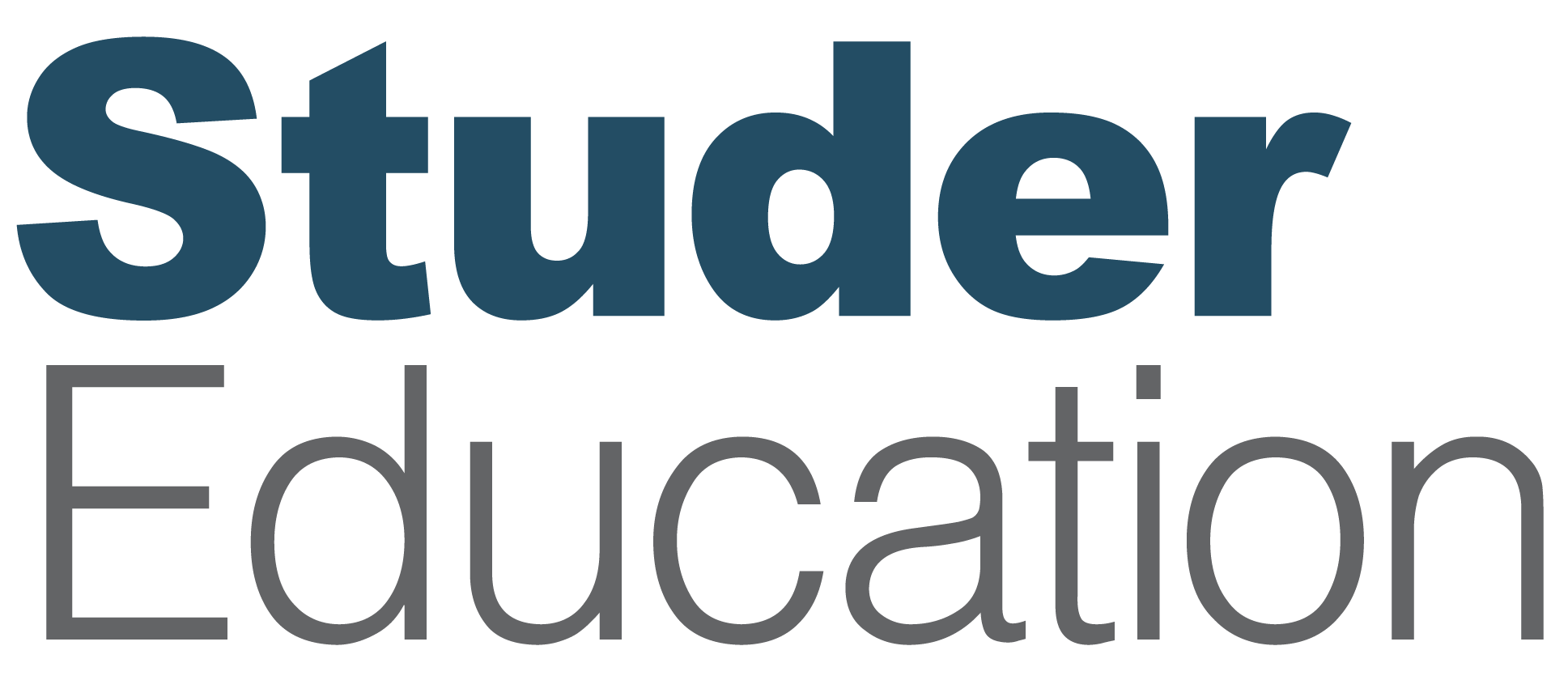When you’re openly recognized there’s responsibility attached to that reward.
People may come to work for a paycheck, but they’re motivated to work where they feel valued. As we’re working with others, overcoming obstacles we’ve never seen before, we must remember to recognize our people. Studer Group Flame Award winner, Paige Bindi, joins Janet on today’s episode to discuss what recognizing success means for employees and why it’s an important practice for leaders to master.
This episode addresses questions, such as:
- Why is reward and recognition so significant in the workplace?
- How does recognition relate to responsibility and accountability?
- What 3 recommendations would you give to leaders in organizations to reinforce positive recognition?
Related Resources
Emotional and Rational
Are you connecting hearts and minds? In this video, Dr. Janet Pilcher explains how an organization's values connects us to the emotional and the rational.
What Gets Recognized Gets Repeated
Employees are humans and humans are emotional beings. When employees are asked what they most want from their leaders, two of the top ten answers are: 1) Relationship with my leader, and 2) Appreciation for the job I do. High performing leaders across organizations know the importance of prioritizing employee recognition in a multitude of ways.
Ideas for Recognizing Your Employees
Rewarding and recognizing people boosts morale, increases engagement, and results in a more productive working environment. Leaders are often concerned that rewarding and recognizing others is costly. There are a variety of ways to creatively recognize your people without blowing your budget. Here are a few ideas:
The Power of Employee Recognition
Any organization committed to recruiting and retaining top talent must learn the art of appreciating that talent. Top companies realize this, so it's no surprise that employee recognition programs are quickly becoming one of the fastest growing areas of talent management.



